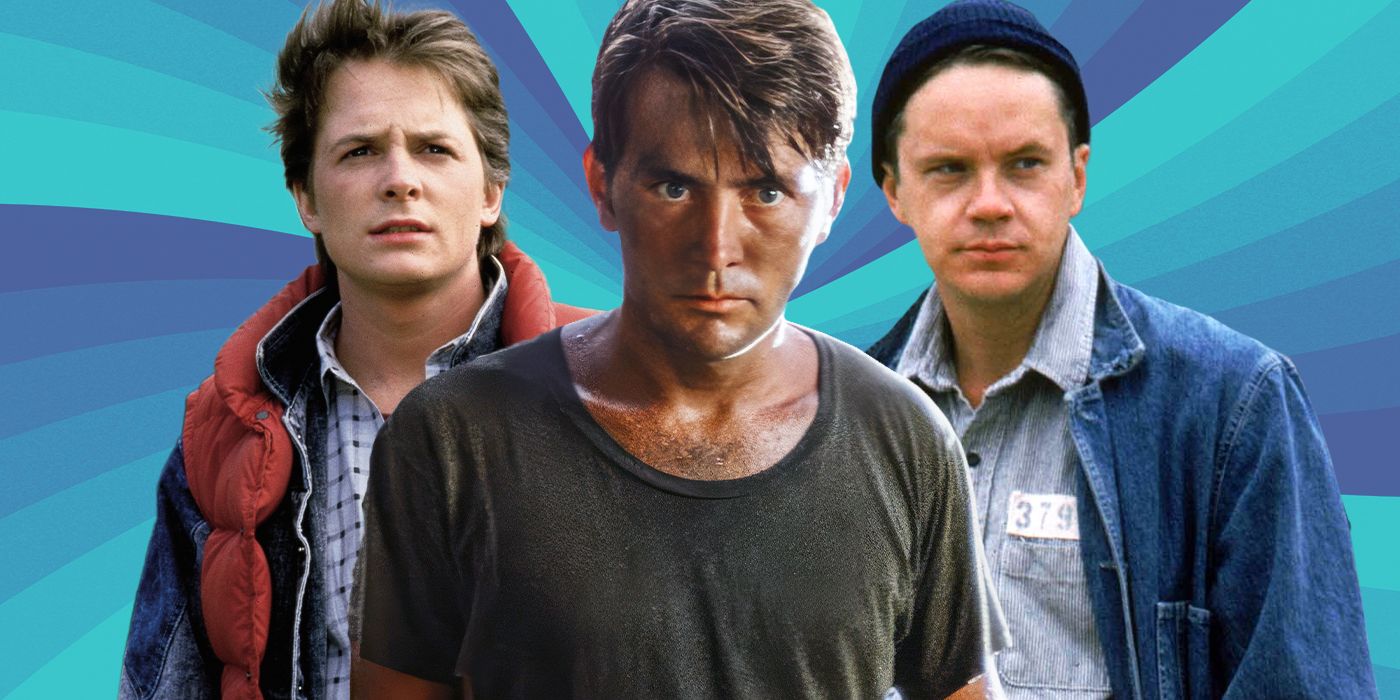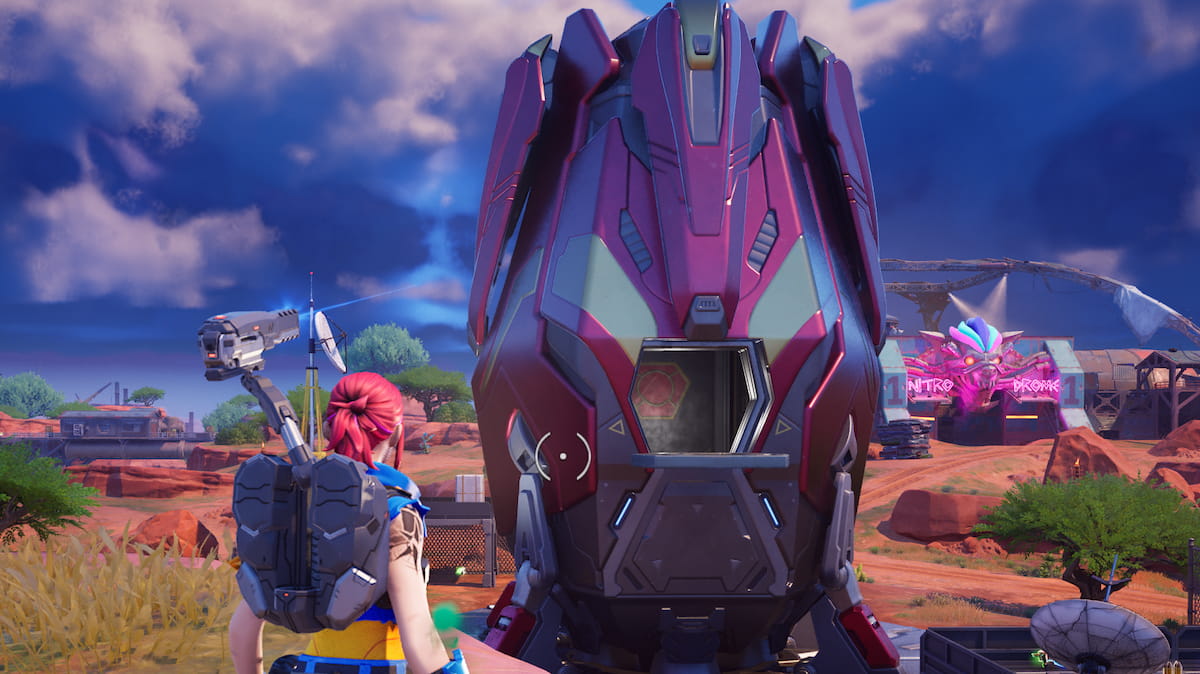One might think that the director of “The Godfather,” “Apocalypse Now,” and “Bram Stoker’s Dracula” knew all there was to know about filmmaking, but when Francis Ford Coppola finished “The Rainmaker” in 1997, he realized that he still had a lot to learn — and that he couldn’t learn it within the codified structure of Hollywood studio production. “After I made the John Grisham film, I wanted to take off and be a student for a while,” Coppola told IndieWire. “I had made a lot of films, and they were all in different styles. But what is my style? Do I even have a style? That’s the question I was asking myself.”
That’s how one of the most acclaimed and accomplished directors in modern film history became a scrappy independent filmmaker once again with films like “Youth Without Youth,” “Tetro,” and “Twixt,” all made during an extraordinary period of creativity that not only yielded some of Coppola’s boldest and most unique pictures, but laid the groundwork for his magnum opus. “All that I learned during that period of exploration was very influential when I finally came out of the cocoon and made a professional film, which was ‘Megalopolis.'”
“Megalopolis,” which opens in theaters on September 27, has been a subject of rumor and fascination among Coppola enthusiasts for decades. A classical Roman epic transposed to a near-future America, it’s Coppola at his most audacious and visionary; if his goal was to find a personal style unlike anyone else’s, he exceeded his own ambitions with this singular blend of philosophical inquiry, dazzling spectacle, idiosyncratic comedy, aching tragedy, timely (and timeless) political satire, and innovative technical experimentation.
That it took so long to reach the screen (Coppola has been making notes and drawing sketches for the project at least since the 1980s) was just an unavoidable part of the director’s process. “My habit of making movies is I work on something very intensely until I hate it so much that I abandon it,” Coppola said. “Then I work on a second movie as a relief to get away from that one I hate. Then I work on it so much that I hate that one, and I look at the first one I hated and say, ‘That wasn’t so bad.’ And then I go and make that. I’m always making a movie that I had previously abandoned.”
“Megalopolis” had a number of false starts, including a period when Coppola abandoned it after September 11, but after the pandemic and his 80th birthday, the director was finally ready to commit to fully realizing his concept. By that point he was eager to implement the techniques he had developed on “student” films like “Tetro” on a larger scale. “I learned a lot about acting on the movies I made in that period when I wasn’t a professional,” Coppola said. “The structure of making a professional movie is so controlled, and you’re never really allowed to rehearse.”
 ‘Megalopolis’ © Lionsgate Films / Courtesy Everett Collection©Lions Gate/Courtesy Everett Collection
‘Megalopolis’ © Lionsgate Films / Courtesy Everett Collection©Lions Gate/Courtesy Everett CollectionWhile the theater-trained Coppola had always been a big believer in rehearsal, he found himself using it to different ends on his independent films. “Rehearsal should be a unique time that you spend with your actors where you probably don’t even discuss the script that you’re going to shoot,” Coppola said. “You play games and you do improvisations. I used to think that helped the actor turn into the character, but in fact that’s not what happens. What I learned is that the character turns into the actor.”
On his low-budget “amateur” films, Coppola found that removing certain luxuries gave him a clearer look at what he should be capturing on camera in terms of performance. “We couldn’t afford having trailers, so I would just sit by the camera and wait for the shot to be ready,” Coppola said. “The actors would sit around with me, and it was great because I would notice them behaving with each other and saw what the performances could be when they were not acting. They were more real and more touching than they were when they started saying their lines.”
Coppola began trying to harness that authentic behavior during takes, something that continued on “Megalopolis.” “You’re always trying to get the actors to be like they are before you say action and after you say cut,” Coppola said. To that end, Coppola told cinematographer Mihai Mălaimare to keep the camera rolling even after he said “cut” in order to capture spontaneous, organic moments. “You have just a teeny bit before some jerk says ‘action,’ and then after that same jerk says ‘cut,’ and that jerk is you. You’re always looking for the stuff before and after that, because that’s the best stuff.”
Over the years, Coppola has learned that creating improvisations for his actors in which they’re expected to stay in character while engaging in activities outside the movie is a great way of preparing them for the shoot. For “The Godfather,” the actors bonded as a family while cooking an Italian dinner together; on another film, he had the actors attend a masquerade party in costumes they thought their characters would choose. For “Megalopolis,” the director wanted to continue his practice of improvisational rehearsals, but there was one problem: Not all the actors were available.
“I had this extraordinary cast, but a lot of them couldn’t be there from the very beginning, so I couldn’t rehearse with them,” Coppola said, noting that Adam Driver and others were on other jobs until it was time to shoot. Determined to work with the available actors, Coppola came up with a novel approach drawn from his live theater days. “I gave every actor an understudy, and if an actor couldn’t be there I rehearsed with the understudy. There was a lot of good stuff that came from that that benefited the movie.”
 ‘Megalopolis’Courtesy of Lionsgate
‘Megalopolis’Courtesy of LionsgateIn fact, Coppola credits his actors with coming up with a lot of the best material in “Megalopolis.” “Whatever value ‘Megalopolis’ has is substantially from my collaborators,” he said. “It’s not only the movie I wanted to make; it’s better than the movie I wanted to make because it was the result of a great collaboration.” Which doesn’t mean that Coppola’s relationships with his collaborators were always harmonious; he admits that, in trying to find a new way of doing things, he often found himself at odds with others, most notably in a widely reported dispute with his art department.
“In the end, only the director knows what they’re trying to accomplish,” Coppola said. “It’s very hard when there are people who have wonderful ideas, but they’re different from your idea. That makes collaboration a tricky business. There’s something in me that has an idea that I’m trying to achieve, and the only way to achieve it is to go through the Sturm and Drang of the experience. The making of this movie was very similar to the making of ‘Apocalypse Now,’ and ‘Apocalypse Now’ is still being seen 40 years later. I hope that ‘Megalopolis’ is a movie like that, where the more you see it the more it changes in your mind.”
Although the epic sweep and deeply personal nature of “Megalopolis” make it seem like a final summation for Coppola, he says he’s still eager to make more films and continue learning who he is as a filmmaker. In terms of that personal style he’s always searching for, he has realized that “I’m still someone with one foot in the theater and one in cinema.” He’s also someone who’s excited to continue his path as a perpetual student. “At my age I can’t eat too much because I’ll get fat,” he said. “I can’t drink because that’s not good for you. But I can learn and listen to music. Those are two pleasurable things that I’m allowed to do. So I’m always learning.”
“Megalopolis” opens in theaters from Lionsgate on September 27.

 2 days ago
2
2 days ago
2






/cdn.vox-cdn.com/uploads/chorus_asset/file/25242409/20230608_Palworld_Screenshot_02.png)



 English (US) ·
English (US) ·